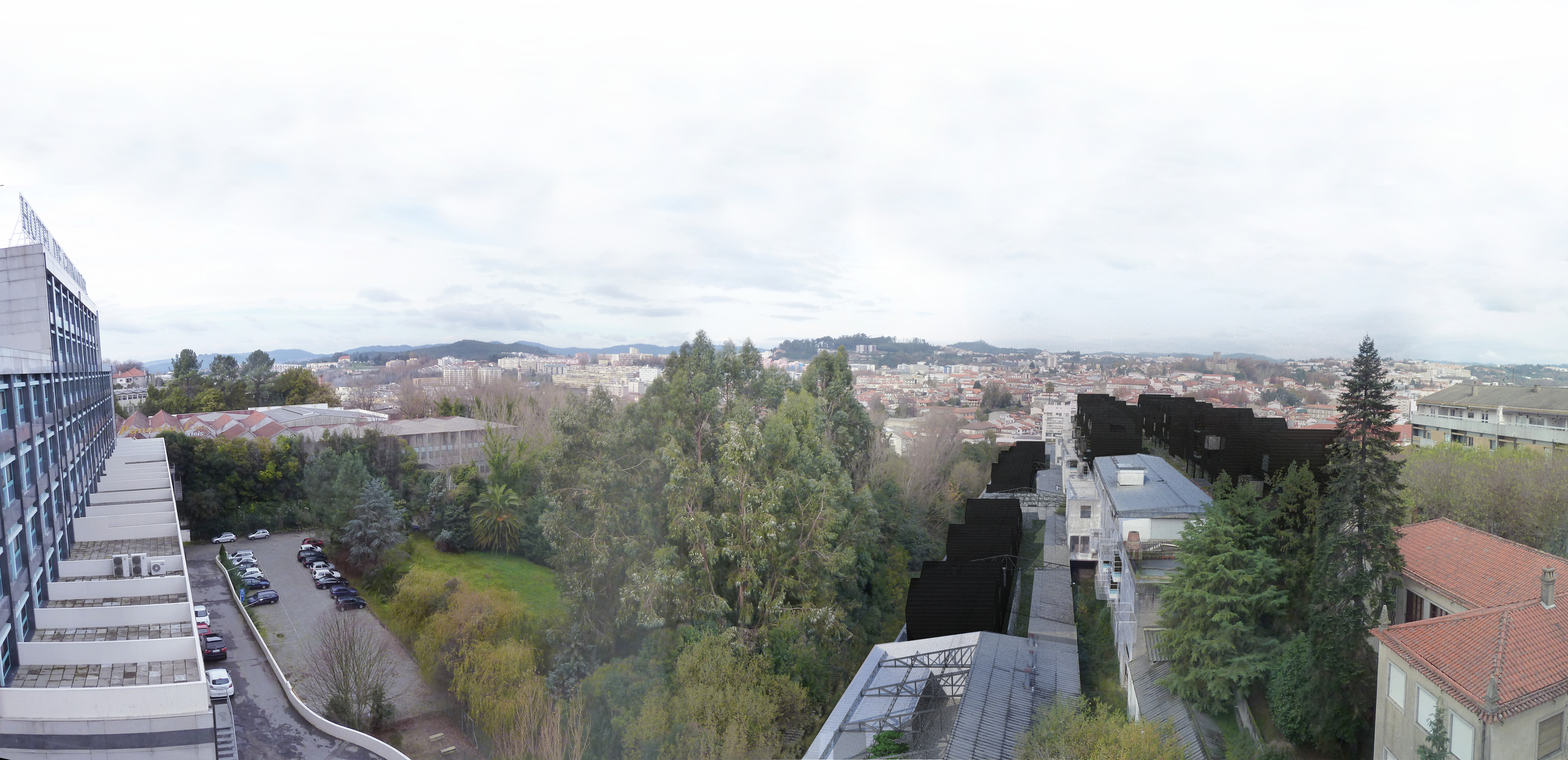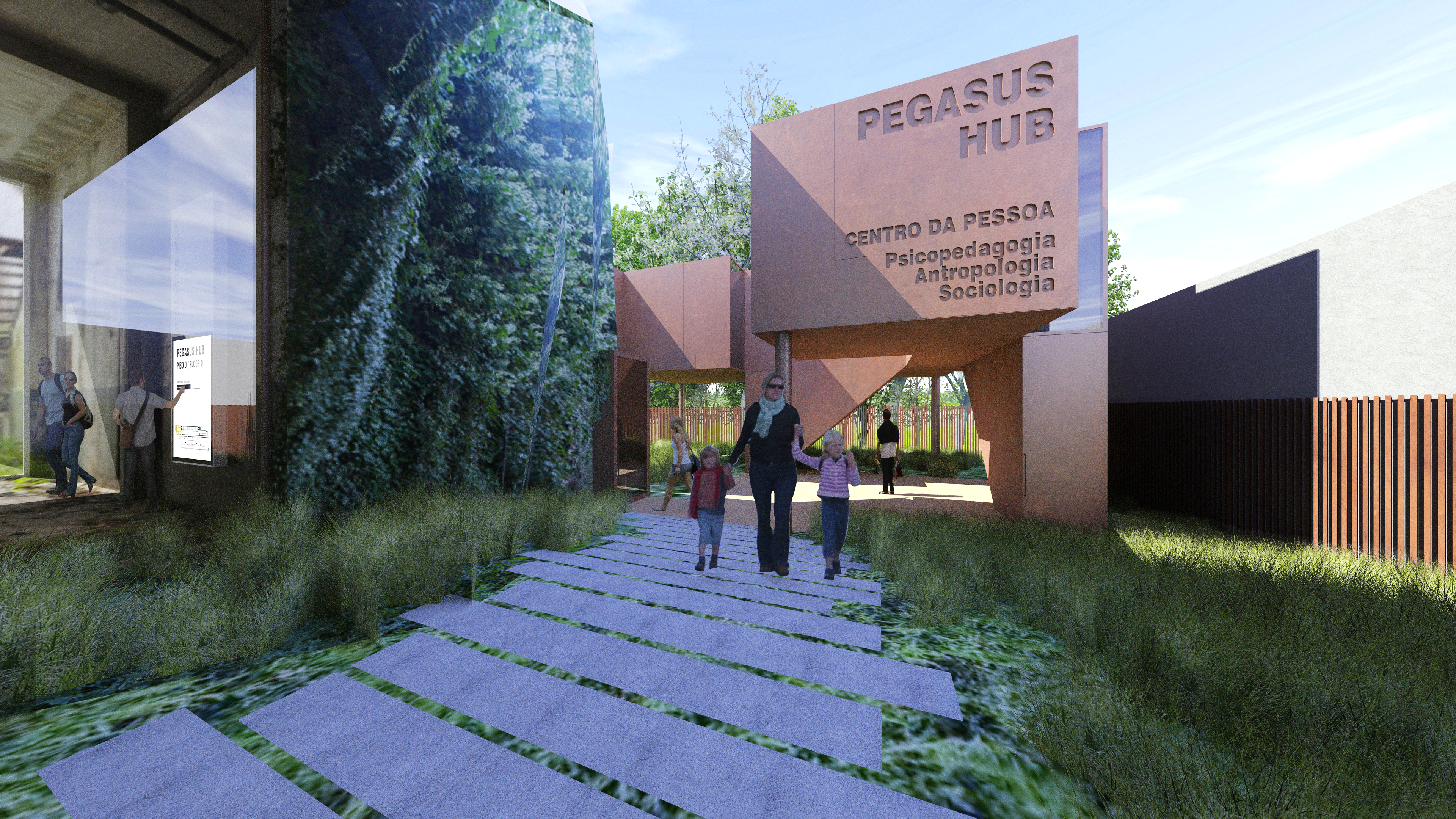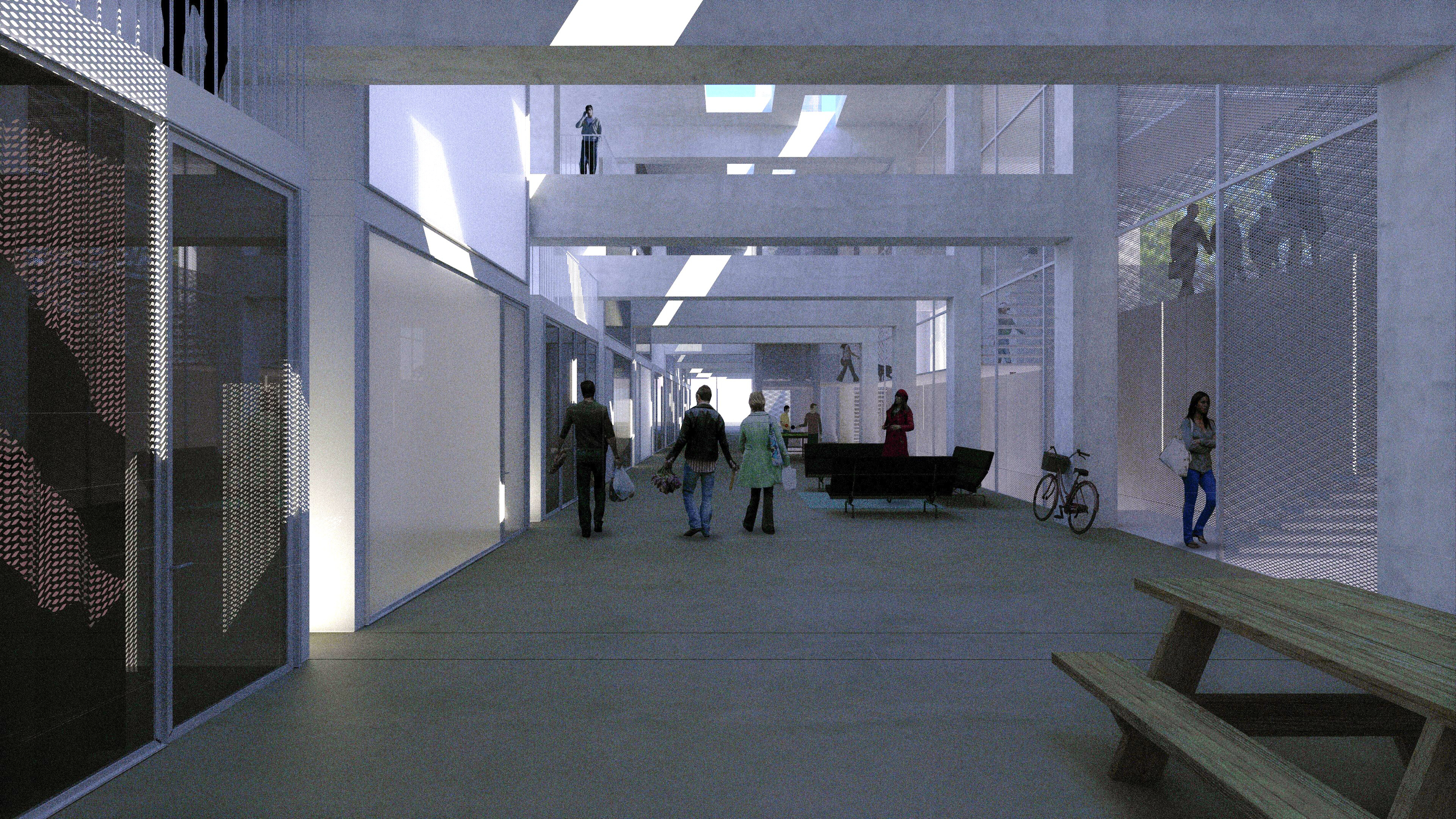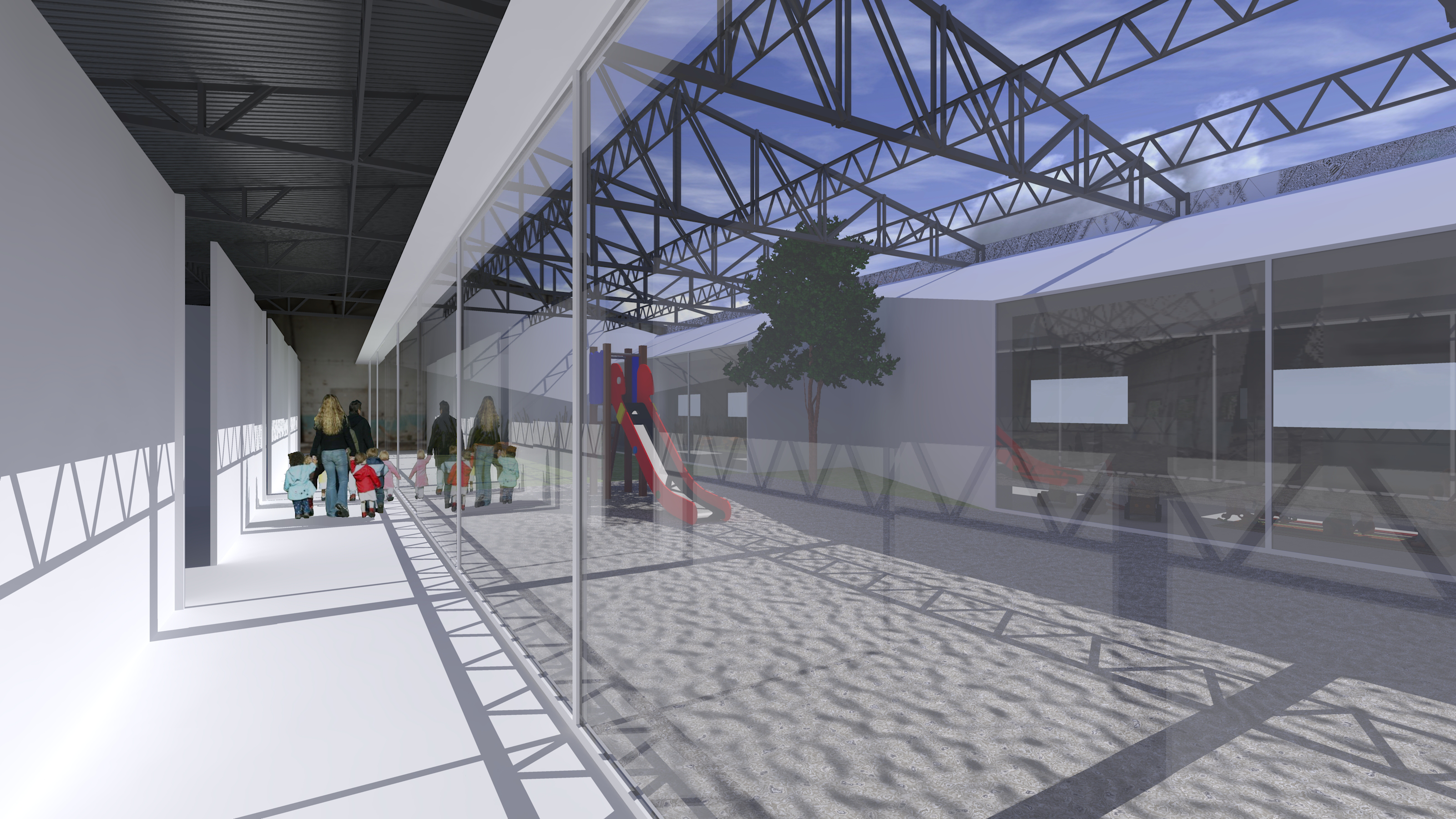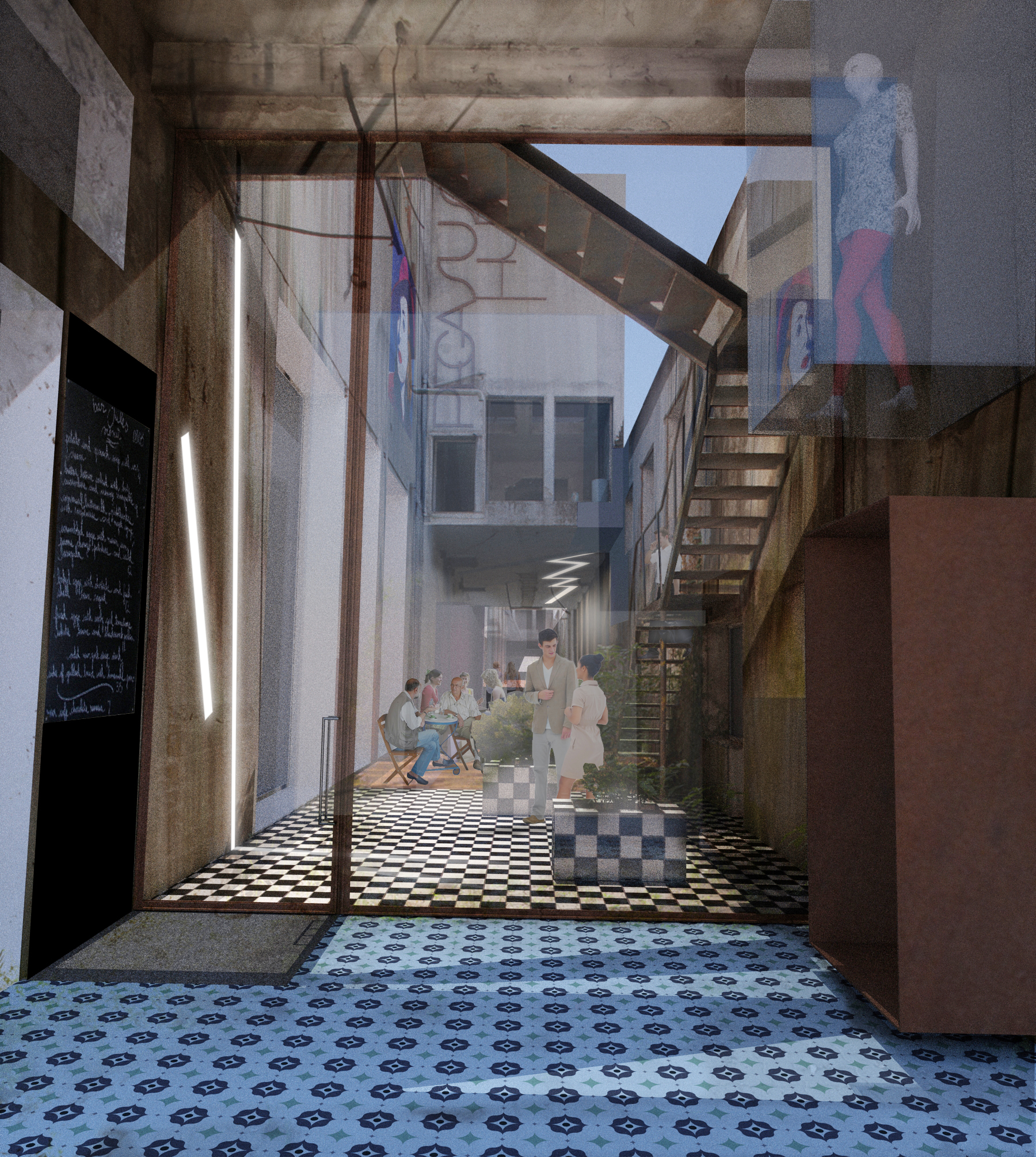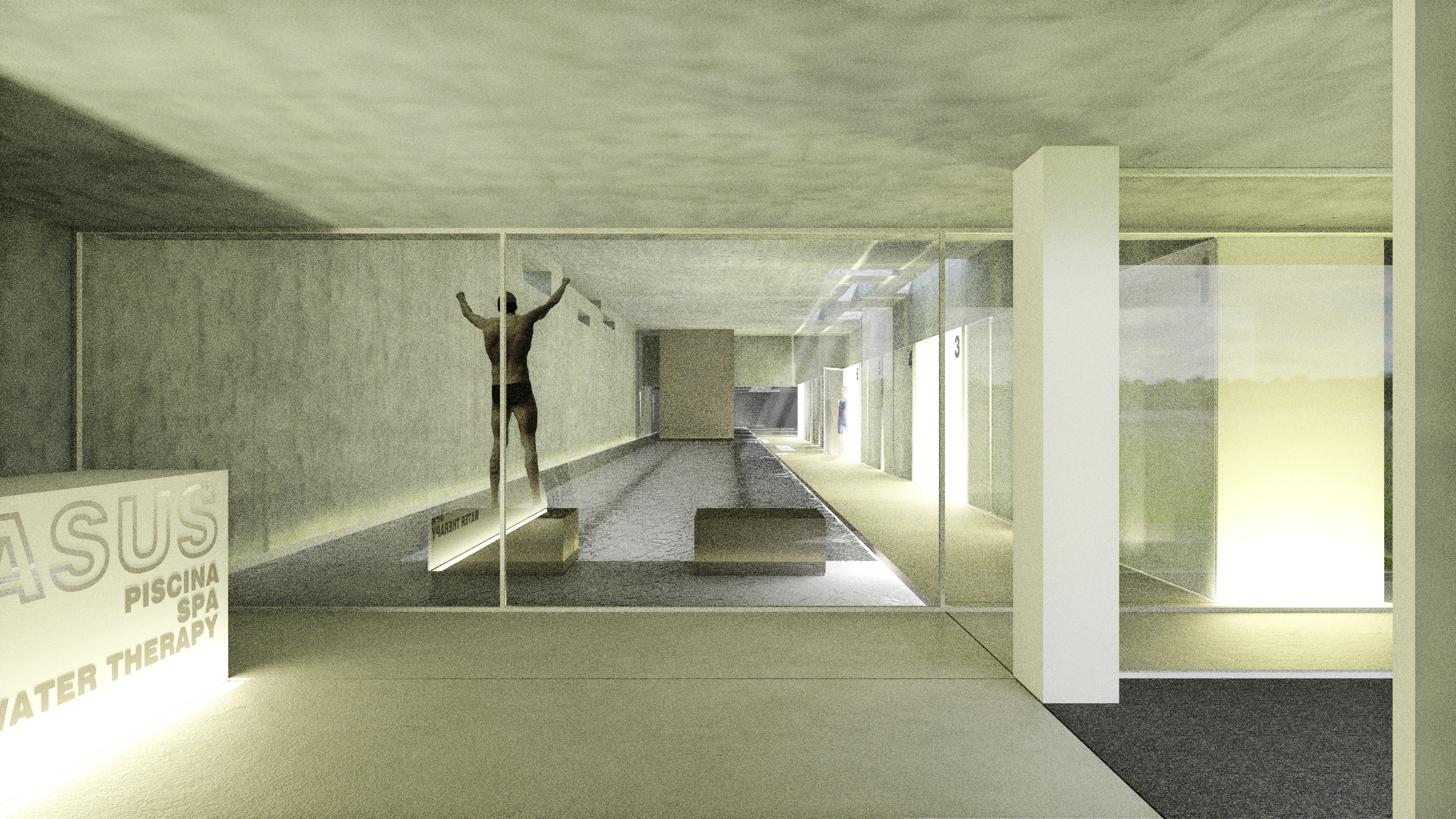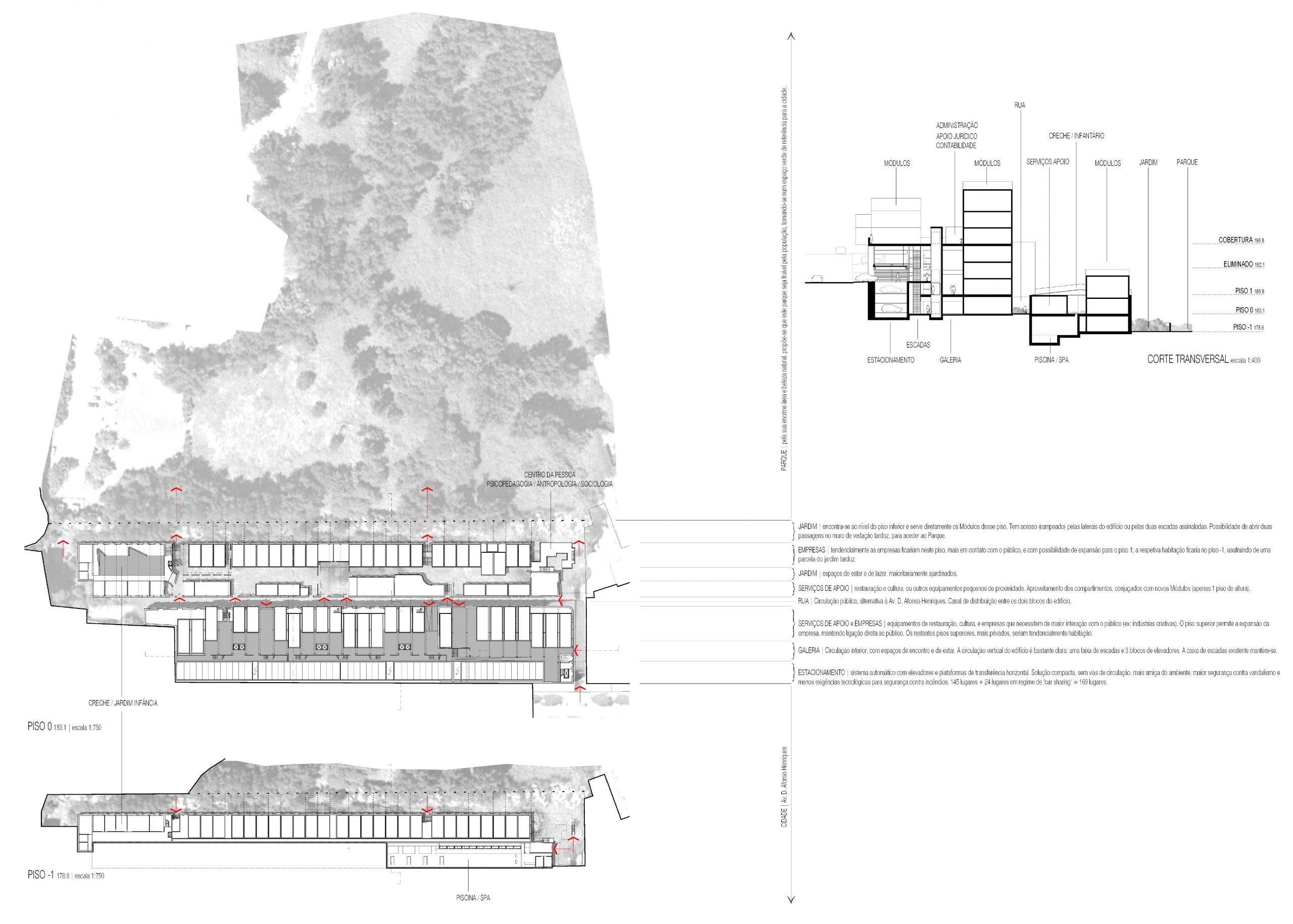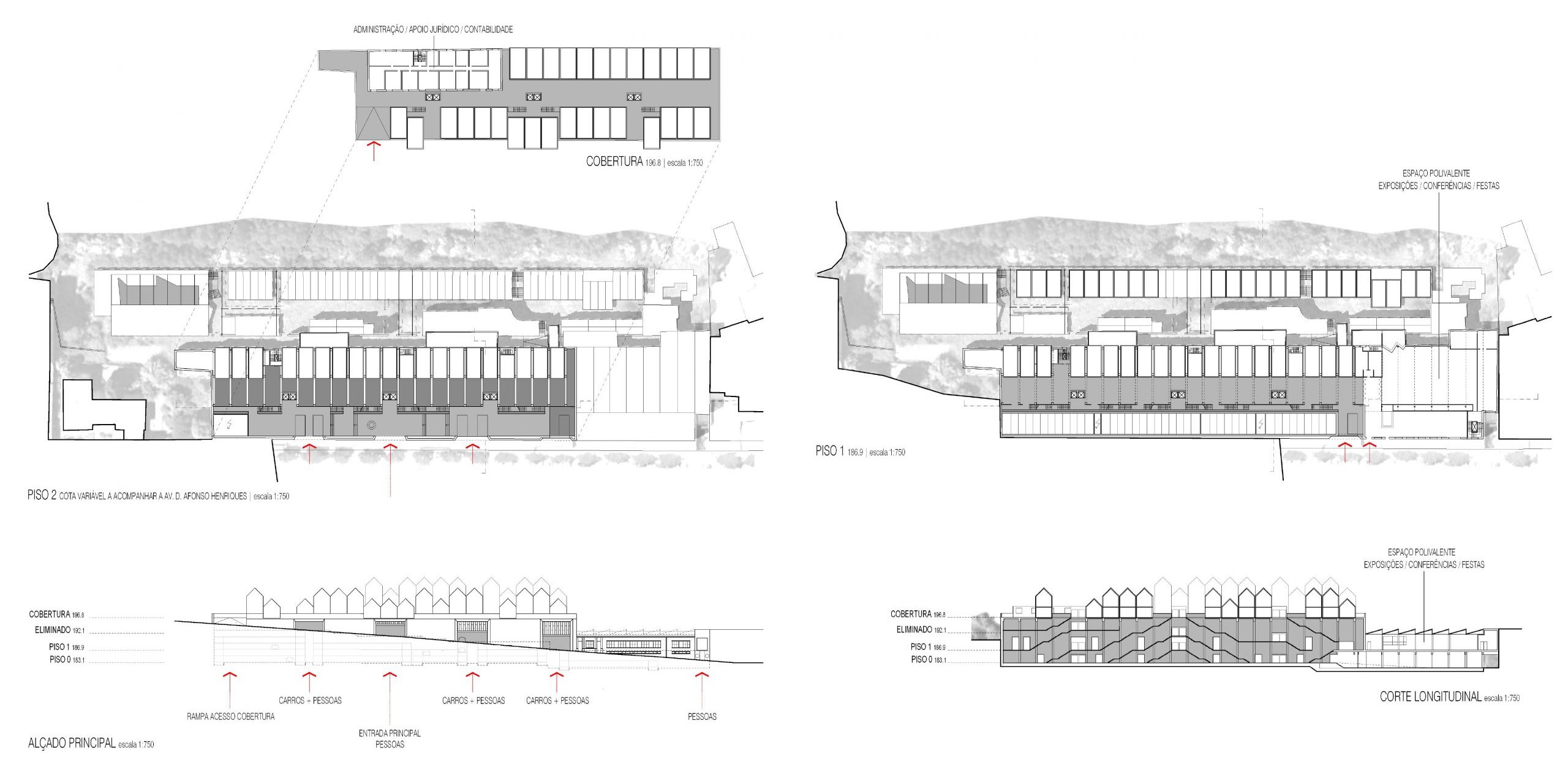Poseidon, the sea god of Greek mythology, possessed the beautiful Medusa in the temple of Athena. Athena out of jealousy, anger, outrage, or pure rivalry, turned her into the terrible Gorgon that petrified anyone
to look at it directly. Perseus, sent to kill her, cut off her horrible head with snake hair, and when her blood was spilled, the giant Chrysaor and the winged horse Pegasus were born,
sons of Poseidon.
Pegasus, the horse-god, began to serve Zeus, King of the Gods, bringing lightning and lightning from Olympus.
Where Pegasus descended from the heavens and dug his hooves into the earth, fountains were torn from which to draw inspiration. It drove its hooves into Mount Helicon with such force that the water sprouted, creating the source of Hippocrene, where the nymphs Pegasidas lived. Anyone who drank his water would become a poet. With the help of the gods Poseidon and Athena, the warrior Bellerophon managed to capture Pegasus,
while he drank water. Together they defeated Chimera, a monster with a lion’s head(s), a goat’s body and a dragon’s tail that spat fire and terrified the Lycian region.
Pegasus became a symbol of poetry and wisdom and, for its value, Zeus transformed it into a Constellation.
Portugal’s entry into the European Union and its opening to markets where the price of labor is inexpressive helped to define a policy that brought down national production at various levels.
The degradation of the primary and secondary sectors of the economy has led the population to concentrate in large cities. Portugal has become a country of services. Construction in metropolitan areas has grown, as it had before with returnees – with insufficient quality and degradation of urban and territorial heritage.
Portugal developed in services, construction, import, around the growth of the tertiary sector. Credit increased but production continued to decline. Services, which support production, now have no one to support.
There is a crisis and Portugal’s path becomes evident to everyone. A new outbreak of emigration, but now they are not the least qualified who emigrate – they are the most qualified, those with the knowledge to make the country progress and the energy to rebuild it have no place. Portugal, which has always been sparse in employing the best in the productive sector, it now loses them in all sectors.
Only by reversing this path can we be reborn.
This reverse path must be marked by investment in those who are capable of producing innovative and creating families that guarantee the sustainability of the social fabric of the country’s future.
For this to be possible, Portugal has to follow the path of producing culture, art, science, and technology that are capable of reformulating its primary and secondary sectors. The tertiary sector will have to feed the other two sectors and not just depend on them.
Guimarães has followed this inverse path and in the year ending, as the European Capital of Culture 2012, it saw projects such as the Platform for the arts and creativity, Fábrica ASA, CAAA…
But the Cradle of the Nation can go further, and then “Aqui Nasceu Portugal” will become “Aqui (Re) Nasceu Portugal”).
THE REGENERATION OF THE CAVALINHO FACTORY
The Cavalinho textile factory contributed to the development of the urban and socio-economic fabric of the city of Guimarães. The textile sector was one of the ones that suffered the most in recent decades and the Cavalinho factory is now closed.
The 15000 m2 of solid construction in open space in the center of Guimarães will give rise to a factory of culture, technology, science, and art and the establishment of families in an evolutionary, low-cost way, with a simple beginning but with the possibility of evolution.
The Little Horse will gain wings becoming the mythical ambitious, strong, and inspiring Pegasus!
